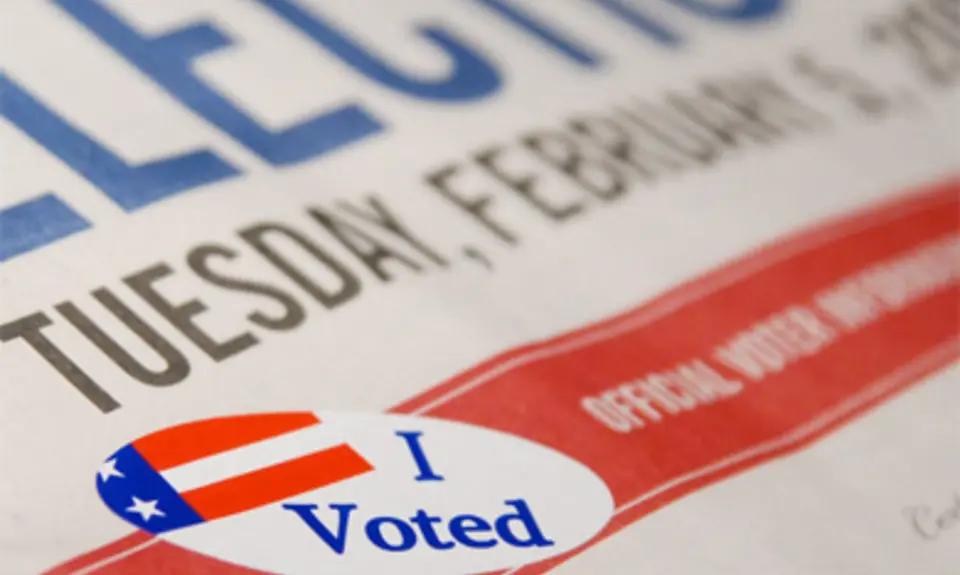When we last checked in with the controversial Florida voter purge, advocates and media alike were speculating over what route Governor Rick Scott and Secretary of State Ken Detzner would take in 2014, with Detzner's office considering comparing its voter records with the US Department of Homeland Security's federal citizenship database known as Systematic Alien Verification for Entitlements (SAVE).
Now we know: the purge is off for 2014.
The about-face on Thursday by Secretary of State Ken Detzner resolves a standoff with county elections supervisors, who resisted the purge and were suspicious of its timing. It also had given rise to Democratic charges of voter suppression aimed at minorities, including Hispanics crucial to Scott’s reelection hopes.
Detzner told supervisors in a memo that the U.S. Department of Homeland Security is redesigning its SAVE database, and it won’t be finished until 2015, so purging efforts, known as Project Integrity, should not proceed.
“I have decided to postpone implementing Project Integrity until the federal SAVE program Phase Two is completed,” Detzner wrote.
As the Brennan Center reported in 2008, election officials across the country are routinely striking millions of voters from the rolls through a process that is shrouded in secrecy, prone to error, and vulnerable to manipulation.
Florida has an especially troublesome history with this practice, so voting rights advocates will have to keep a close eye on what shape it takes next year.
Also this week, in North Carolina US Magistrate Judge Joi Elizabeth Peake ruled that lawmakers must release correspondence related to the formation of the state's new voter ID law, saying that though some records might be shielded, many are considered public.
Dale Ho of the ACLU's Voting Rights Project:
North Carolinians have a right to know what motivated their lawmakers to make it harder for them to vote. Legislators should not be shrouding their intentions in secrecy.
Allison Riggs of the Southern Coalition for Social Justice:
Defendants have resisted at every turn disclosing information about their reasons for enacting this discriminatory law. Today's ruling will help ensure the court has a fuller picture of why the voting changes at stake are so bad for North Carolina voters.
In other voting rights news, Colorado considers recall election changes, Pennsylvania ID remains in legal limbo, and Wisconsin Governor Scott Walker approves (mostly) of the state's new voter suppression law.
Check out even more news from our friends at Fair Elections Legal Network.
